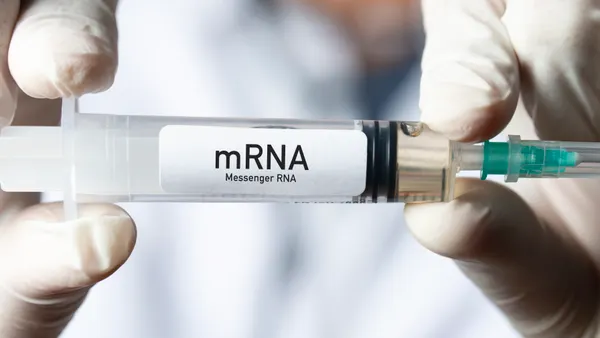Streamlining The Investigator-Initiated Trial Program Nancy Bella, Pharm.D. Integration of an experienced clinical services agency as the driving force of investigator-initiated trials, can bridge the gap between the pharmaceutical company and the investigator, providing the necessary expertise and manpower required to run the trial. A well-designed and executed clinical-development plan (CDP) is the cornerstone of any new product introduction. In addition to company-driven trials, pharmaceutical companies invest extensive time and resources in investigator-initiated trials (IIT) or investigator-sponsored study (ISS) programs to augment the clinical evidence base of their products. DVC HealthCare, Yardley, Pa., and Irvine, Calif., is a medical marketing agency that combines scientific expertise with strategic marketing insight and compelling creative to provide a range of services that support successful commercialization, accelerate brand uptake, and ensure brand loyalty. For more information visit dvchealthcare.com. VIEW on Clinical Services June 2006 The Trial Process The Benefits of IIT Trials Aside from complementing the mainstream research, IIT programs can provide valuable insight into an aspect of the product profile, identify a potential indication that the company is unable to pursue, or serve as confirmation of anecdotal reports of efficacy in a previously undocumented therapeutic category. IIT trials also are excellent tools to involve a wider group of physicians, including key opinion leaders, in the study of a pharmaceutical company’s drug. The IIT Process Many investigators want to become involved in IITs, but are challenged by the time and resources required to complete such a trial. The common lament inside a pharmaceutical company surrounds either the time lag to trial completion or the time spent trying to assist with this otherwise independent activity. Conducting an IIT requires an organized approach that assures the trial will achieve high quality and valid study results. The initial step is to ensure that the study complies with institutional and federal policies, guidances, and regulations. As in any trial, protocol and informed consent development must be completed first, often by individuals at the institution who have little time for, or training in, the development of these documents. If protocols and informed consents are not well written, the institutional review board (IRB) process can become cumbersome, and numerous protocol revisions can delay the start of the trial. Once the trial begins, adherence to study procedures and protocol objectives is crucial. In addition, accurate data collection, a data review timeline and process, and a defined statistical plan are essential. After the trial is completed and the statistical reports are produced, the final step is the development of a manuscript for peer-reviewed publication. Although investigators are well-intentioned at this juncture, these manuscripts are often delayed due to time limitations and overtaxed investigator teams. Supporting the Investigator In light of the breadth of activities highlighted above, there are a number of additional support services that can be offered to the investigator, as an extension of the clinical services grant. Integration of an experienced clinical services agency as the driving force of the IITs can bridge the gap between the pharmaceutical company and the investigator, providing the necessary expertise and manpower required to run the trial. An agency can establish the rigorous design of the study protocol and ensure the objectives and outcomes of the study are met. In addition, agencies can maintain trial timelines, and have the resources to provide precise data collection and comprehensive statistical analyses. Most importantly, agencies can support timely publication outcomes, an important goal to ensure that the results of IITs contribute to the scientific evidence base.
An article from


Streamlining The Investigator-Initiated Trial Program
Filed Under:
Research & Development









